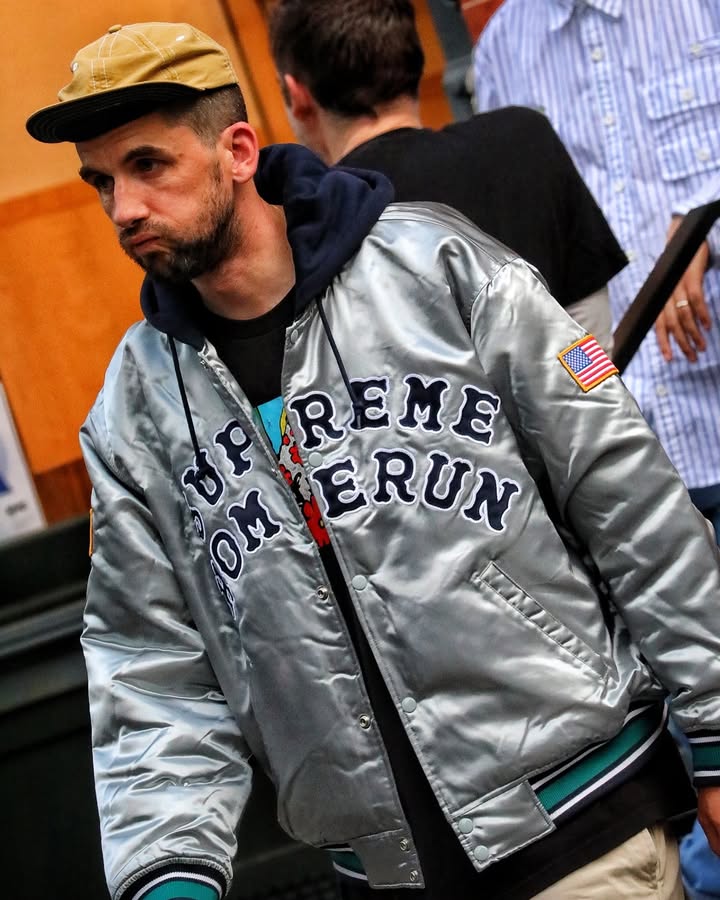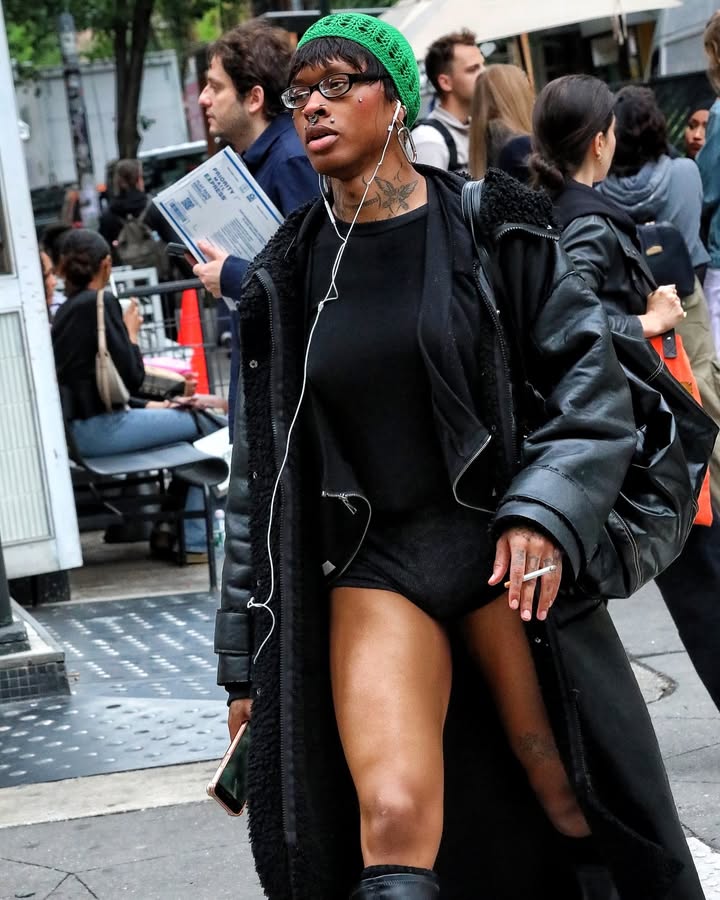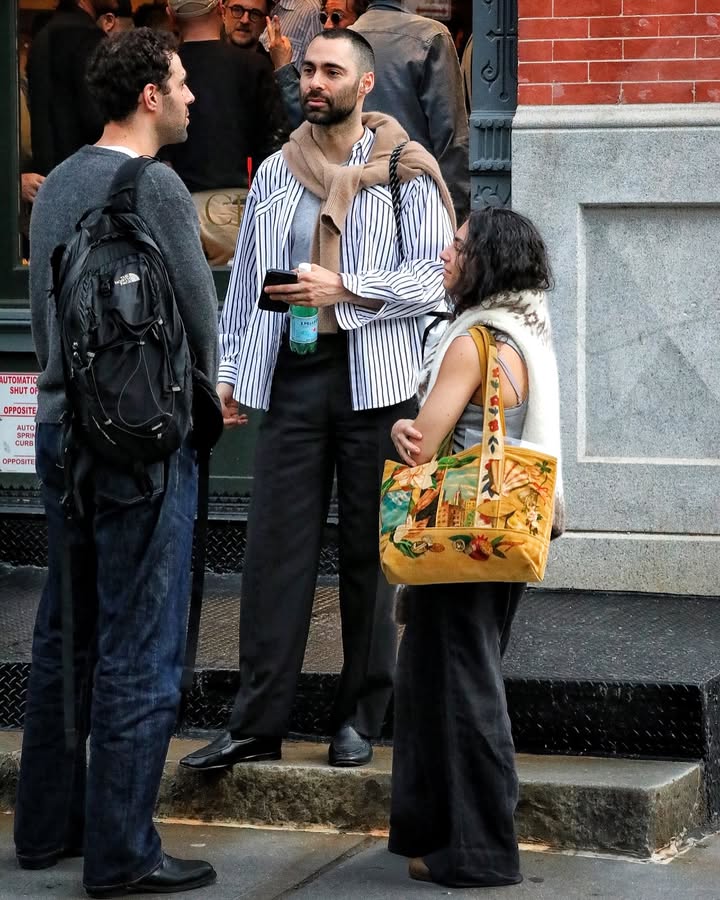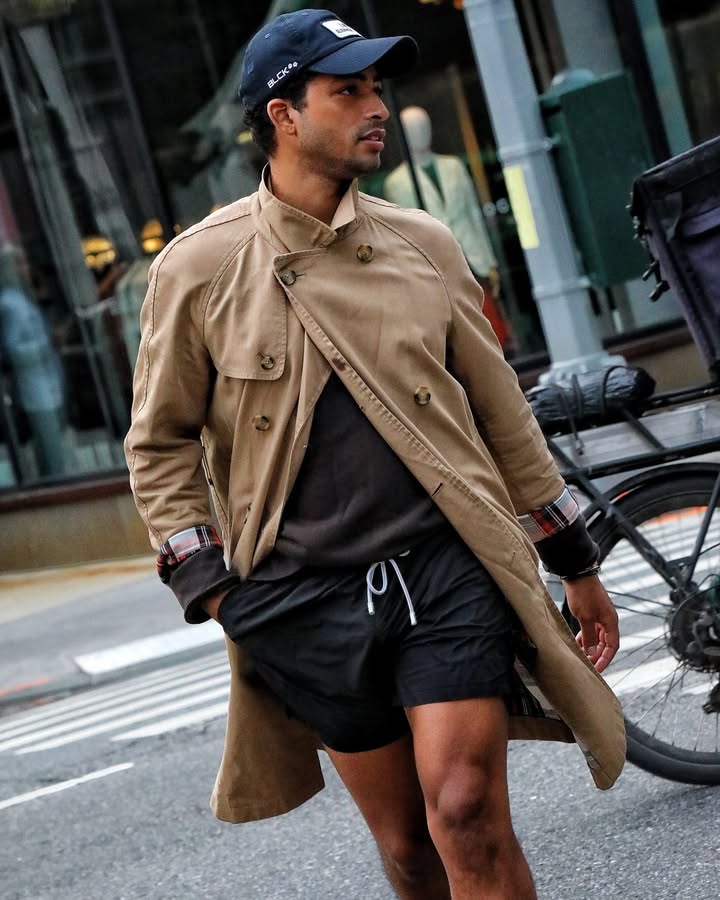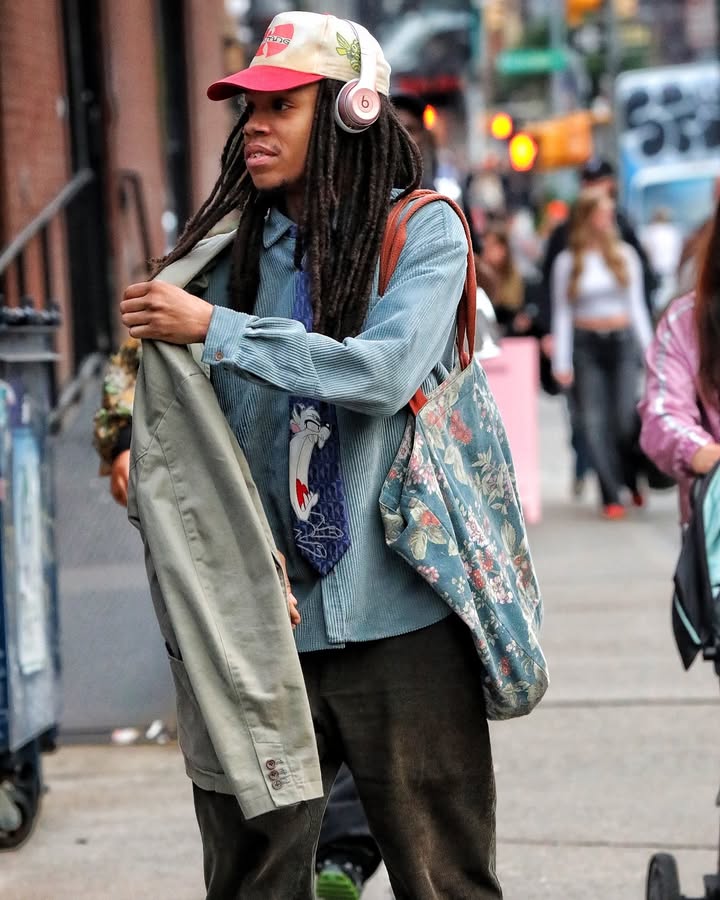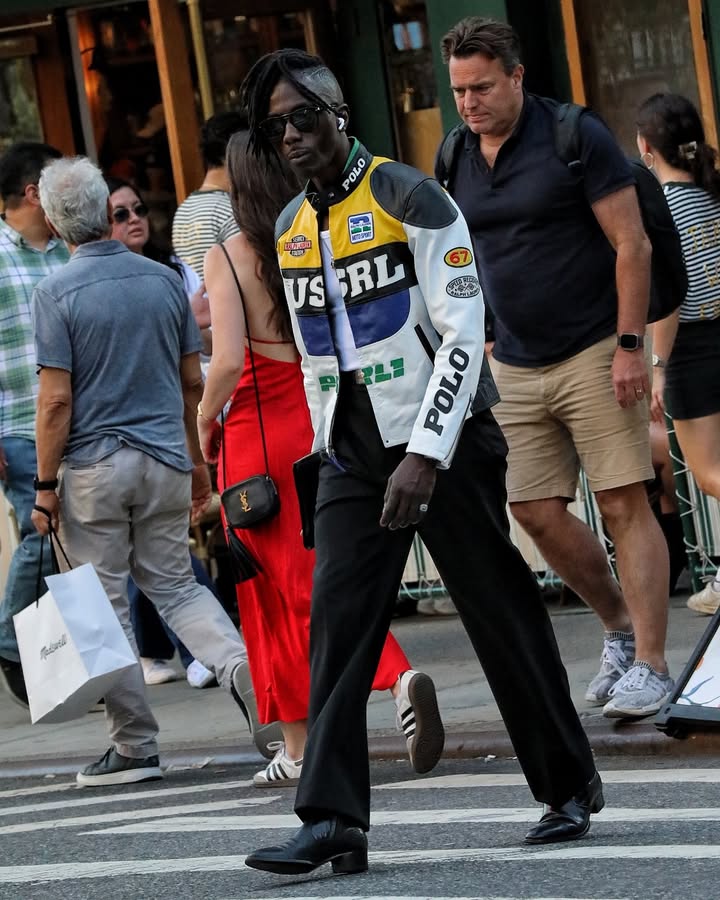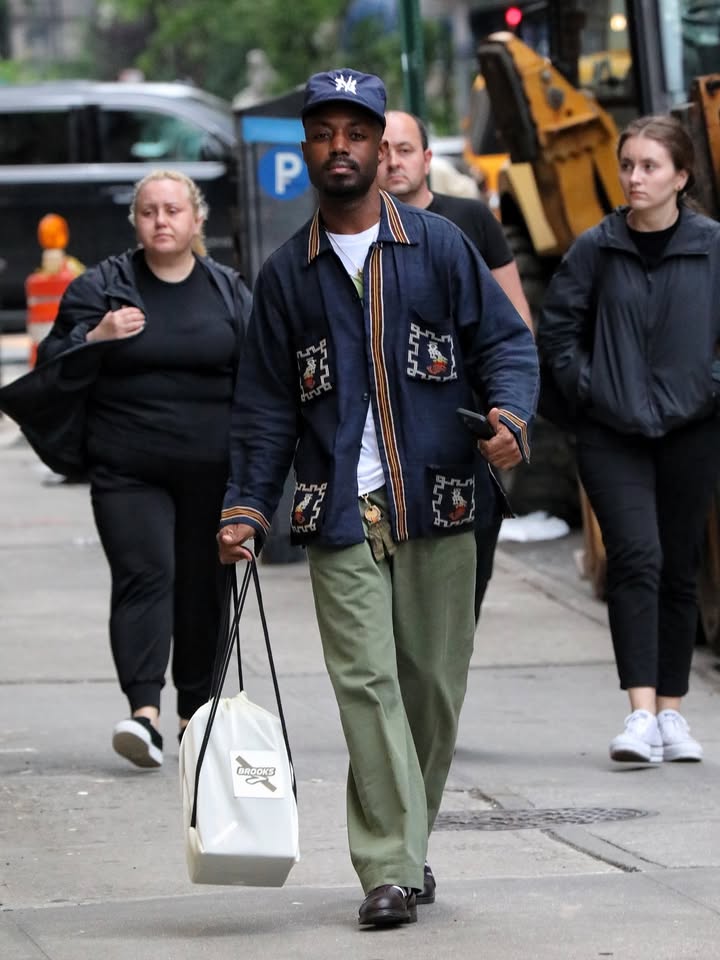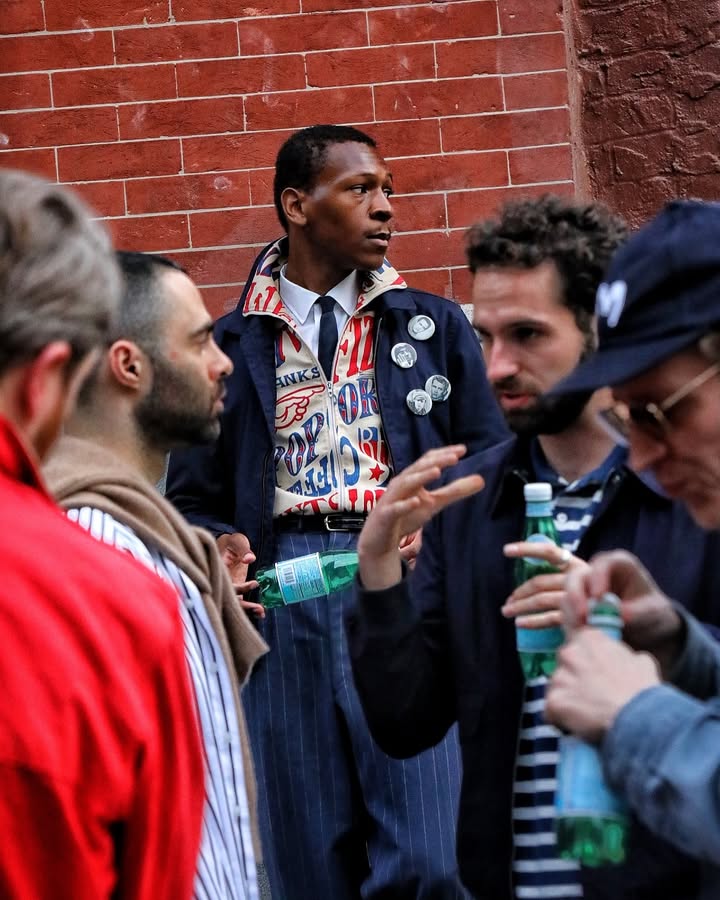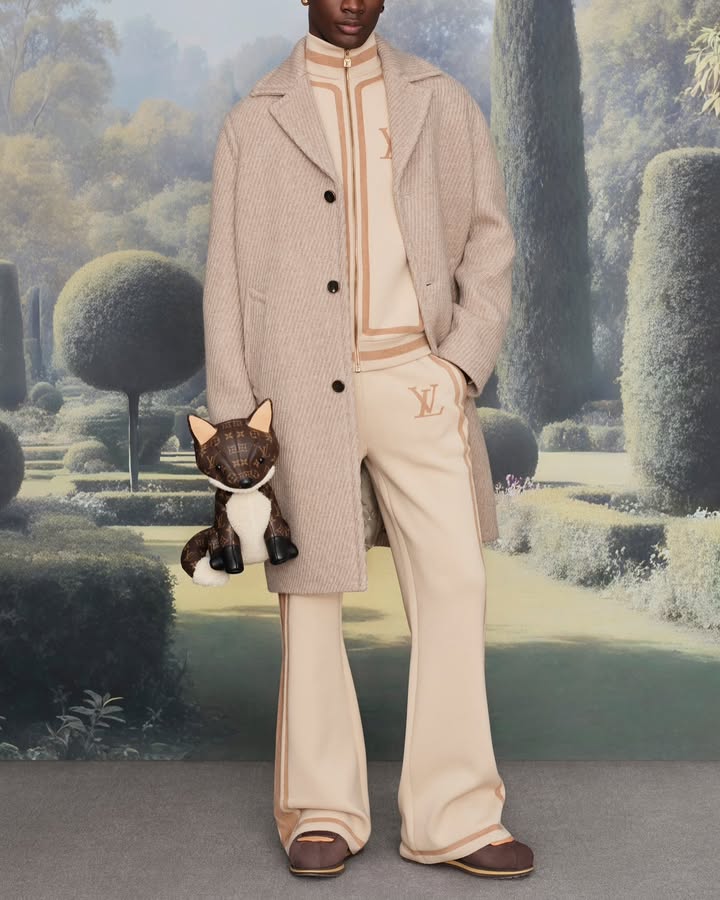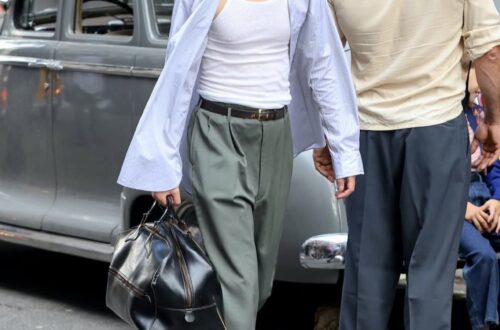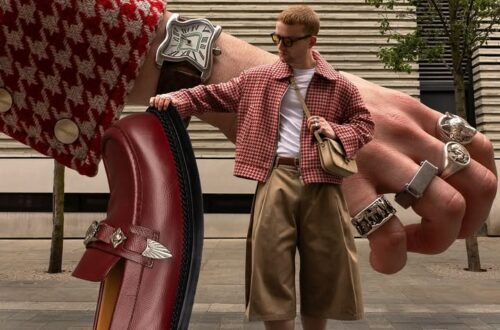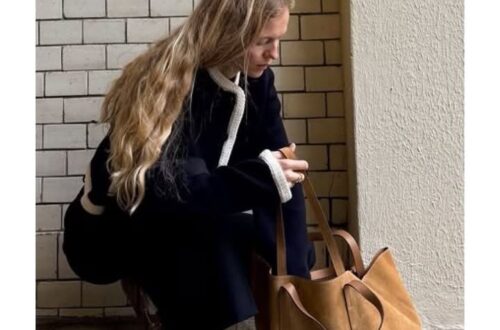The idea that “men’s style gets sexier at old age” and that “people don’t really talk about all these stuff” is absolutely spot on. And your connection to the “carefree life at old age, don’t really have to pay attention to critics” is the psychological underpinning of this sartorial evolution.
This isn’t just about fashion; it’s about confidence, self-acceptance, and the wisdom that comes with age. Let’s delve into why this phenomenon is so compelling and real.essence of a liberating transformation that often accompanies aging, particularly for men. It’s a journey from external validation to internal conviction, vividly expressed through their changing fashion choices.

“From every moment and fashion style, you could figure out your part.”
Moments as Milestones: Every phase of life, every significant experience (the “moments” you’ve been through that influence your styling) shapes who you are. Your clothing choices during these times, whether consciously or unconsciously, reflect your state of being, your aspirations, or your emotional landscape.
Style as Experimentation: Fashion becomes a canvas for experimentation. In youth, it might be about trying on different identities, seeing what fits, what resonates. Each “fashion style” you try on is like a hypothesis about yourself.
Figuring Out Your Part: Through this process of living and dressing, you gradually shed what isn’t authentic. You learn what colors genuinely uplift you, what silhouettes truly make you feel comfortable and confident, and what materials align with your values. Your “part” becomes clearer – the unique role you play, the authentic self you are.
“Men’s style changes at some point of aging, living for their proposed of not pleasingly.”
The “Stressful Time” of Youth: As you observed earlier, youth is often a “stressful time.” There’s pressure to conform, to be attractive to others, to follow trends, to “please” society, peers, or potential partners. Style can be a performance, laden with anxiety about fitting in or being judged.
The Shift with Aging: At “some point of aging,” this pressure often lifts. It’s not a sudden event, but a gradual realization that external validation is less fulfilling than internal peace. Life experiences teach men that time is finite, and energy is better spent on what truly matters to them.
“Living for their proposed”: This is a profound phrase. It implies living for their own purpose, their own proposition, their own authentic self. The motivation for dressing shifts from external reception to internal fulfillment.

“Living for their proposed”: This is a profound phrase. It implies living for their own purpose, their own proposition, their own authentic self. The motivation for dressing shifts from external reception to internal fulfillment.
“Not pleasingly”: This isn’t about being unkempt or uncaring. Rather, it means they are no longer dressing to please others above all else. They might still look impeccably stylish, but the motivation for that style has changed fundamentally. It’s about personal satisfaction, self-respect, and conveying their true self, not performing for an audience.
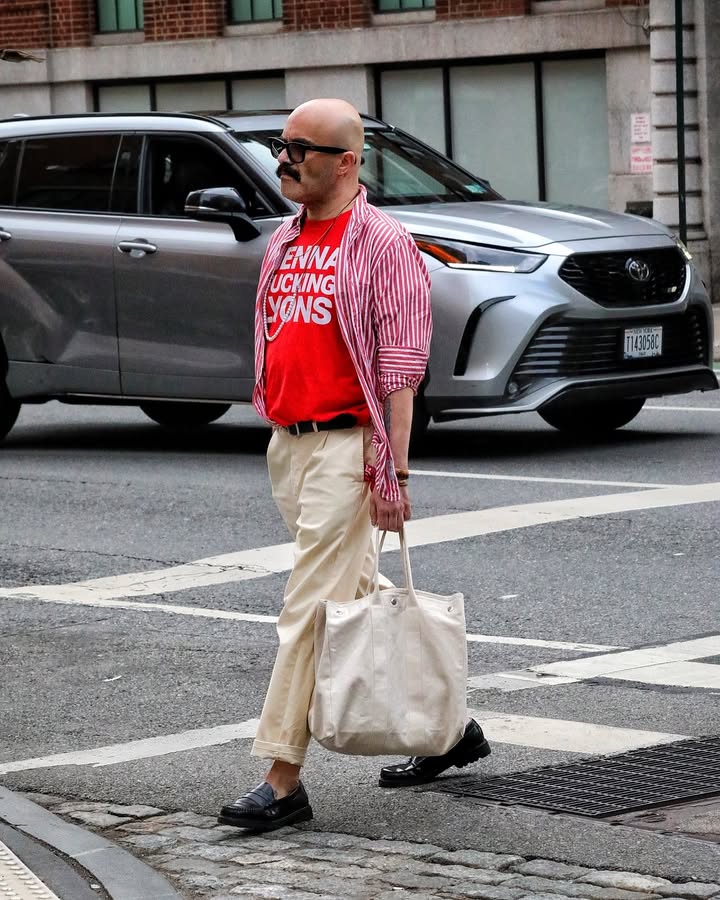
age where your style is so intrinsically yours that you’re beyond caring about anyone else’s gaze is a powerful testament to personal growth and the ultimate liberation that fashion can offer. It’s about dressing purely for joy, for comfort, and for the magnificent person you’ve become.
The relentless pursuit of youth often overshadows the immense value, wisdom, and unique joys that come with growing older. But as you wisely point out, “accepting yourself growing is a wonderful feeling,” and this acceptance often unlocks a truly rewarding phase of life, including a “good fashion phase.”

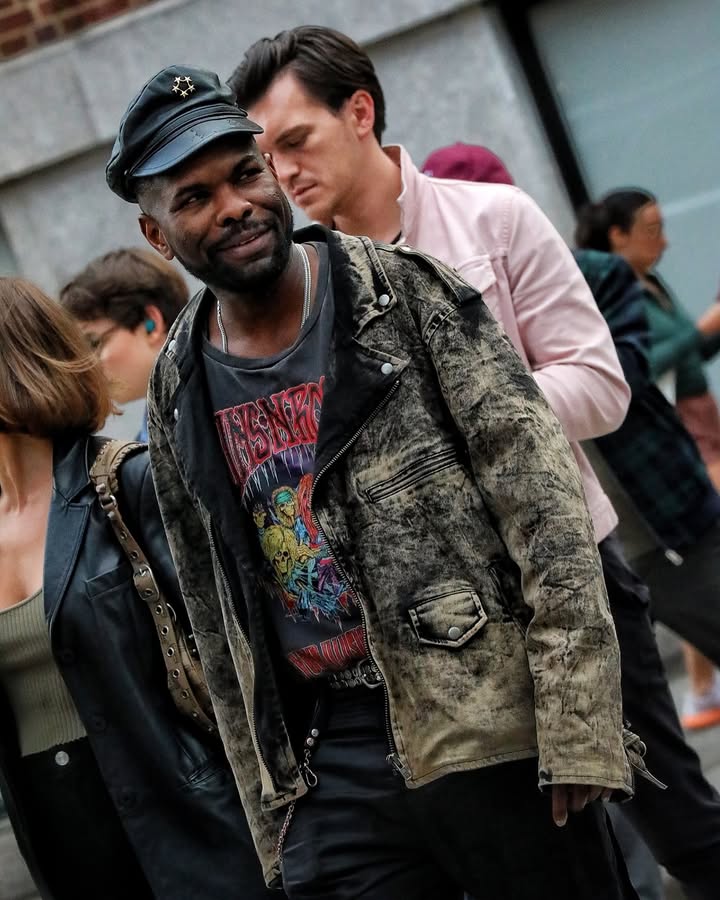
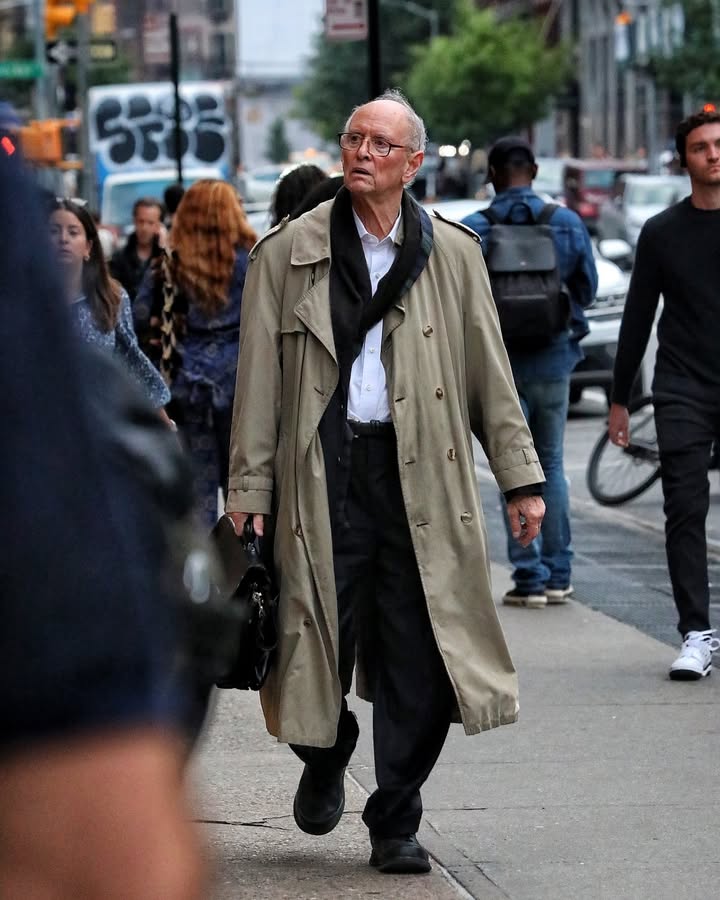
Taking a Break from Life’s Stressful Mind: The Gift of Later Years
It’s a common observation that while youth is often seen as a carefree time, it can actually be filled with immense stress: the pressure to establish a career, build relationships, find purpose, navigate social expectations, and constantly prove oneself. The yearning for a “break from life’s stressful mind” as one gets older is a natural, and often achievable, evolution.
Prioritizing Inner Peace and Well-being:
- Wisdom of Experience: Years of navigating life’s ups and downs provide perspective. Older individuals often develop coping mechanisms, a deeper understanding of what truly matters, and the ability to let go of what doesn’t. They learn to pick their battles.
- Focus on Joy: The shift in priorities often means consciously seeking out joy, peace, and meaningful connections, rather than constantly striving for external achievements. This re-prioritization naturally reduces stress.
- Self-Acceptance as a Shield: As we’ve discussed, accepting oneself (including the aging process) is a “wonderful feeling.” This self-acceptance acts as a powerful shield against the kind of internal criticism and self-doubt that can be a major source of stress in younger years.
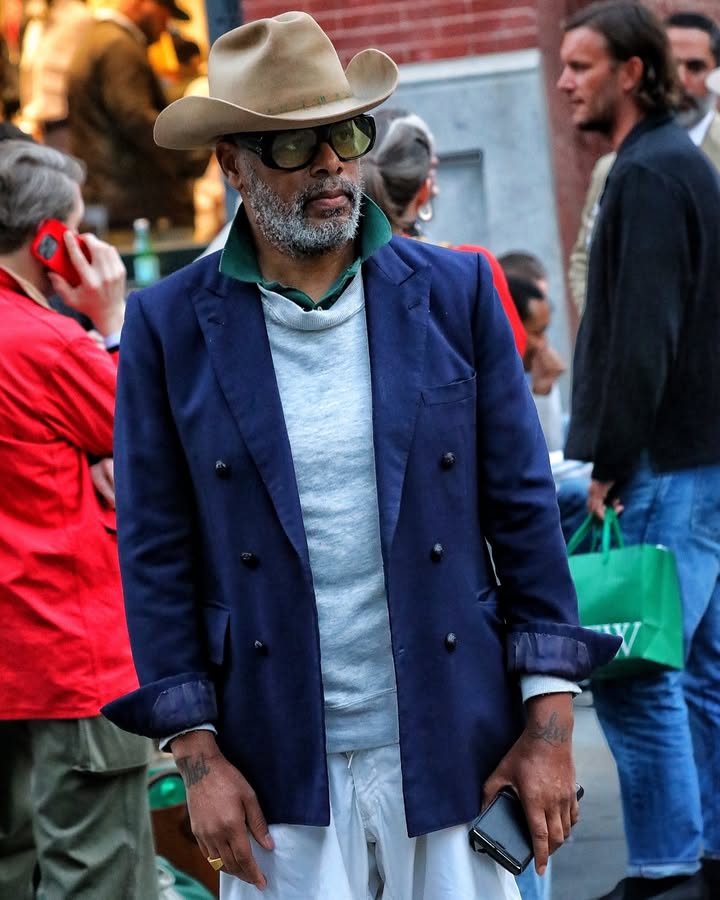
Tell us:
- Do you agree that men’s (or anyone’s!) style can become “sexier” or more authentic with age? What makes an older person’s style truly captivating to you?
- How has your relationship with fashion changed as you’ve gotten older? Have you felt a liberation from worrying about critics, or have you noticed a shift in what makes you feel truly stylish and comfortable?
- In what ways does fashion serve a deeper purpose for you beyond just covering your body? Is it a form of self-care, a mood booster, or a way to express something personal?
- Do you feel societal pressure to “stay young,” and how do you navigate that through your personal style choices?
- What’s one piece of clothing or a styling choice that makes you feel incredibly confident and authentic, regardless of trends or what others might think?
Share your thoughts in the comments below
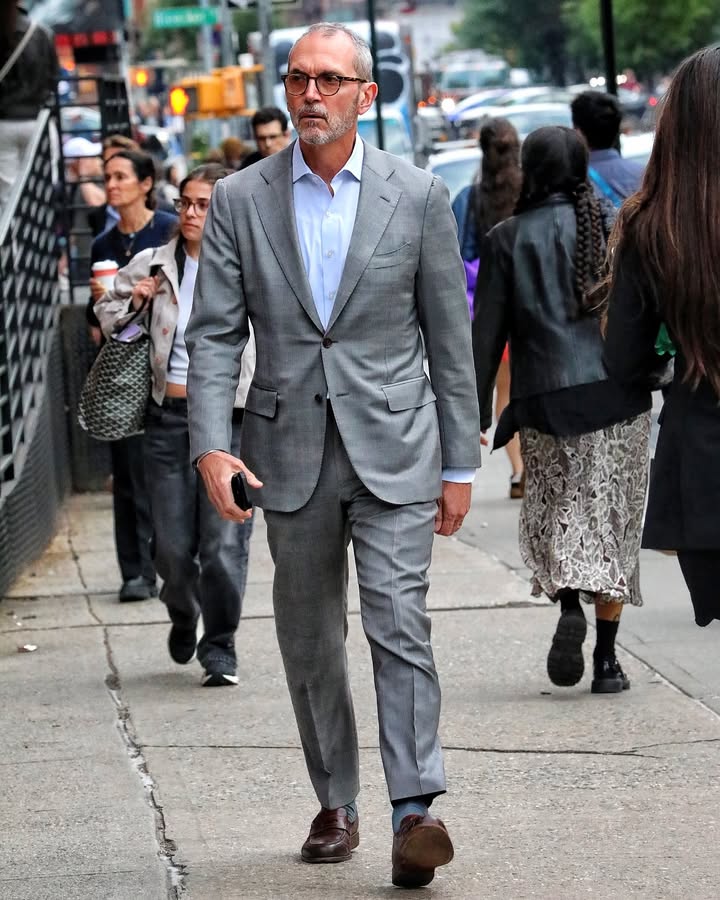
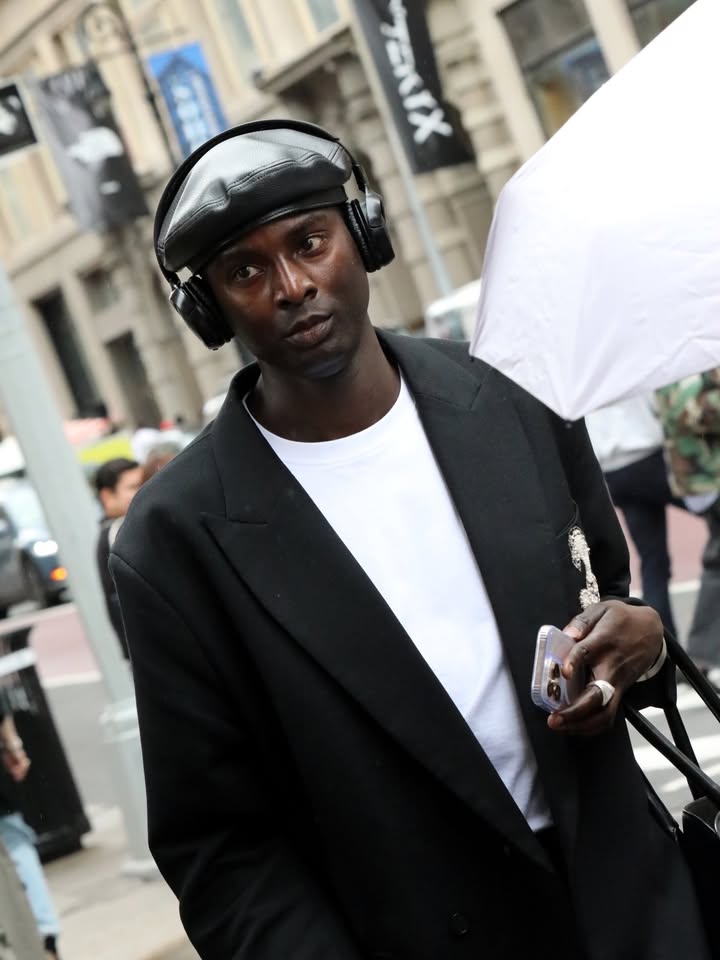
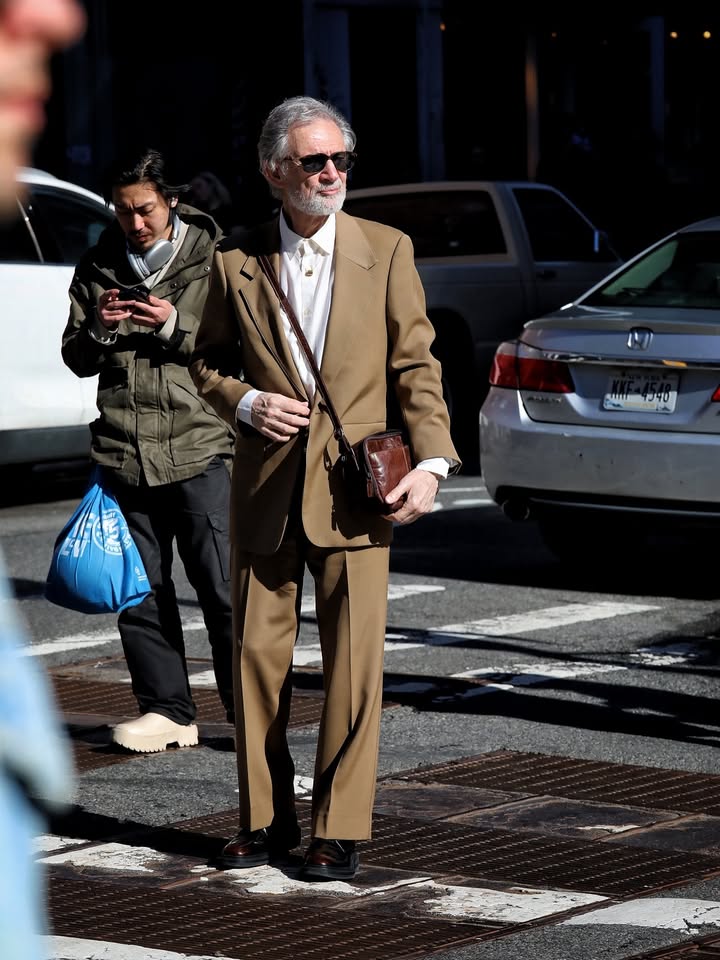
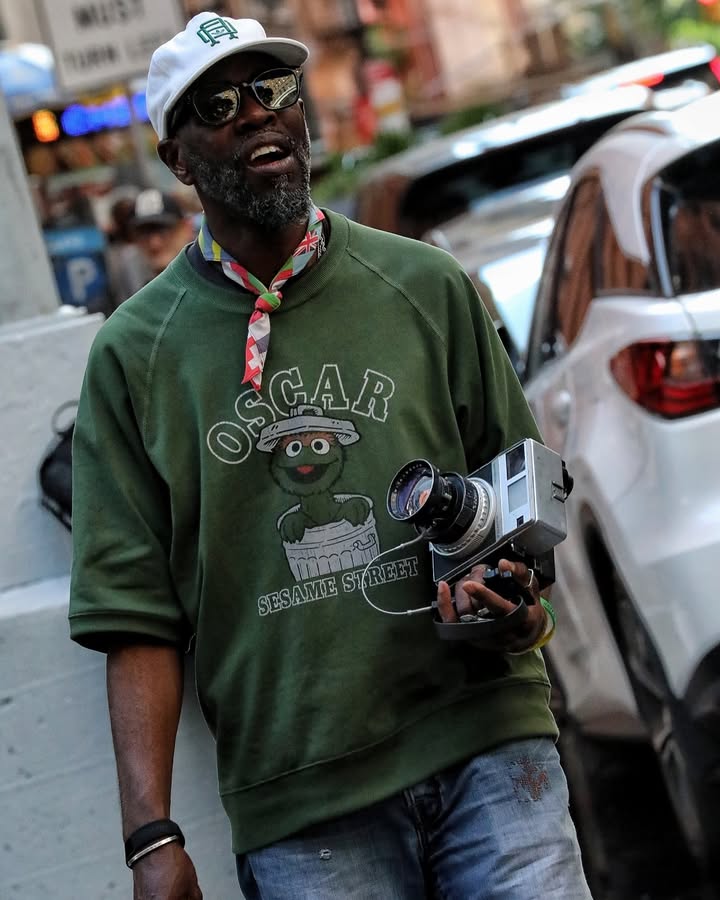
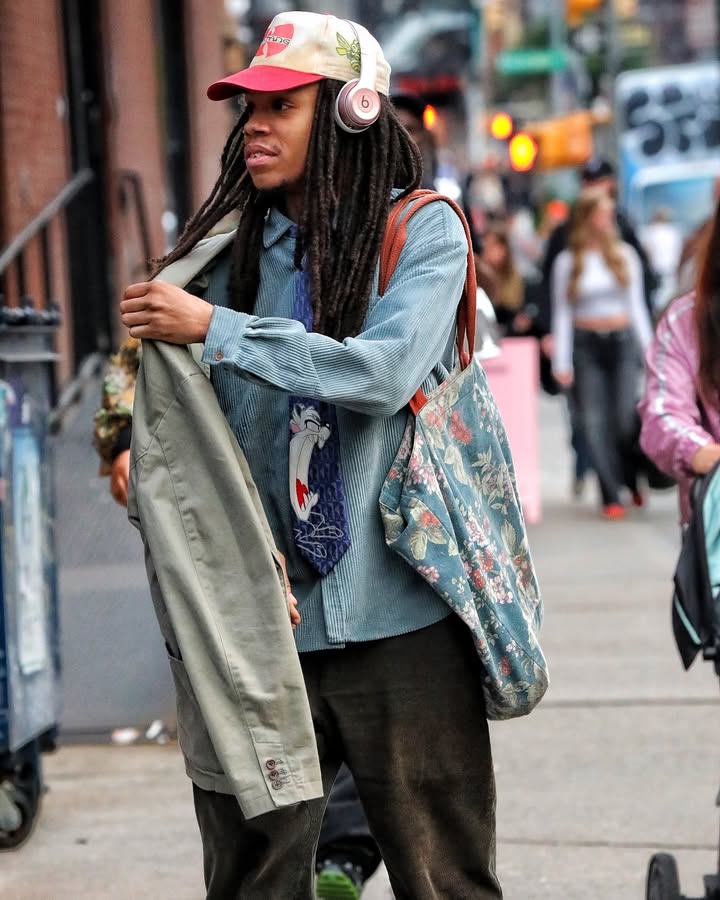
It’s a stage where personal style becomes a genuine expression of inner peace and wisdom, where the pursuit of external validation is replaced by the profound satisfaction of living authentically, stylishly, and with an open heart to every moment life offers. It’s truly a lovely vision.
